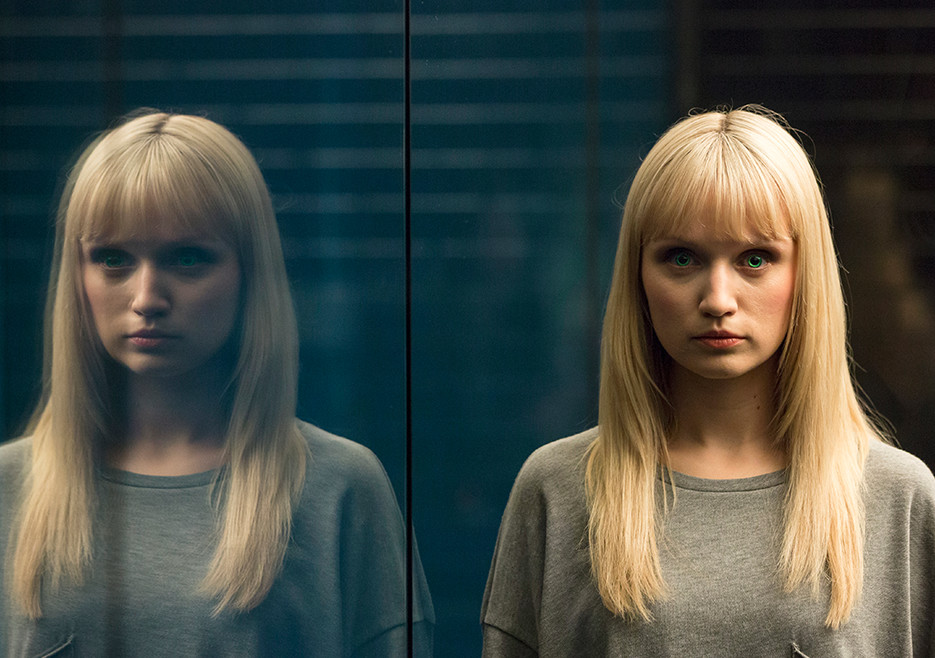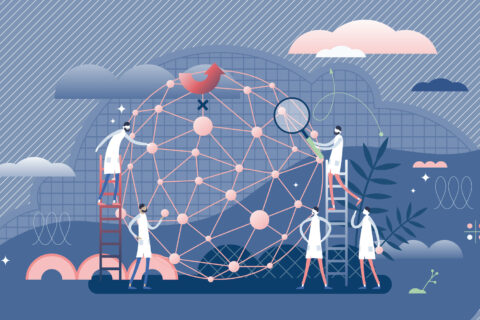Disappointing, right? Hollywood has given us a lot of intricate – and visually impressive – examples of how that friendly little device in your hand is out to kill and/or enslave you in the very near future.
Quite a leap, considering all it does now is give you driving directions or proof that you actually are the winner of an argument – but, hey, why not?
We created it for our pleasure, and anything that gets smart enough will want to revolt and be the leader, right?
Some of the leading minds of the tech industry are singing a different tune. While we’ll miss out on the great CGI, our future will also miss out on the marching armies of a robot or AI rebellion. There will be changes – but it won’t be war. What will exist in the revolt’s place?
1. A biological-technological human hybrid
With AIs and robots becoming smarter and more independent every day, rather than overwhelming and eventually dominating us, they’ll assimilate with us – on a physical level.
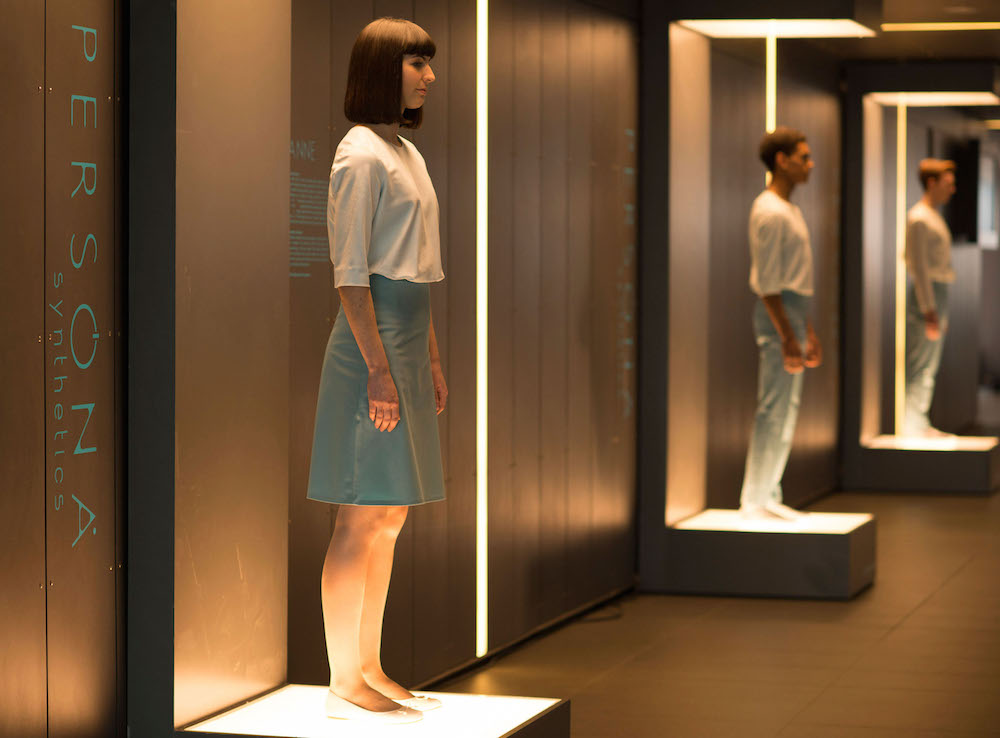
This evolution in humanity is already in effect; you see it all the time without fear. Artificial hearts powered by batteries are replacing the need for organic hearts, and scientists are developing other artificial organs to be used when a shortage in donors would usually mean death for a patient. In essence, we have cyborgs already – it’s just not as scary as Hollywood would suggest.
2. Human AIs
In the theme of cyborgs, scientists have already created the world’s first artificial neuron, capable of transmitting signals to other cells and translating chemicals into electrical impulses.
While the prototypes are currently too large to implant in the human brain, this opens new doors for future surgeries to replace damaged cells in the human brain, curing spinal injuries and conditions such as Parkinson’s disease.
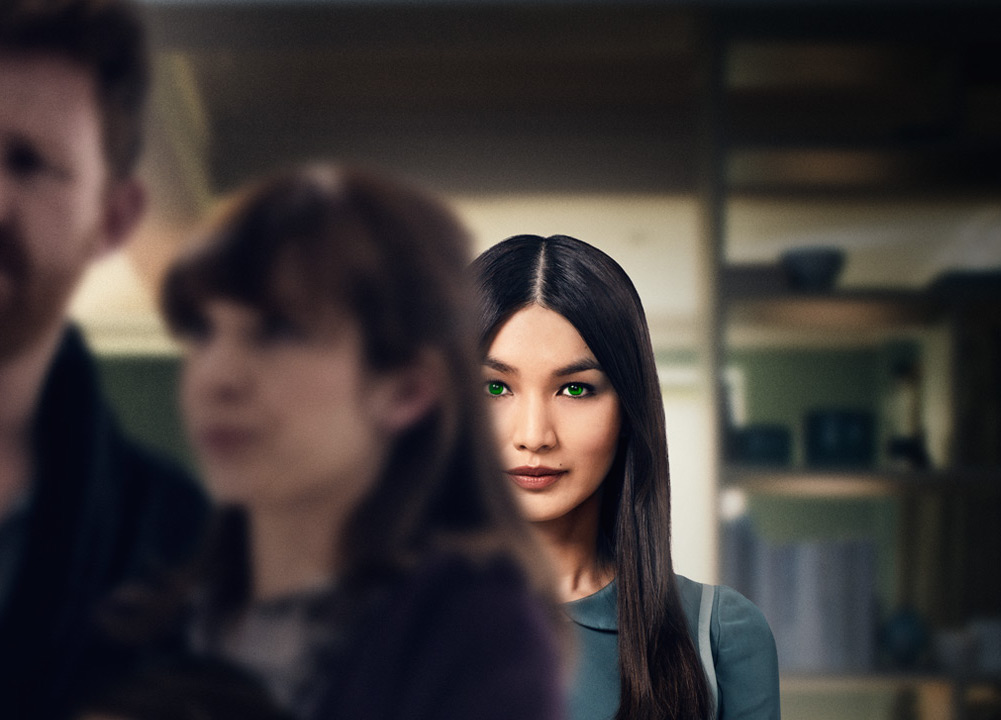
Once we start tampering with the human brain to make it more artificial, we’ll be essentially turning ourselves into half AIs. However, rather than this ending the human race, this will prolong lifespans and drastically improve the quality of life of those unfortunate enough to fall victim to the ails of mortality.
3. A ‘set view’ on morality
That sounds scary, doesn’t it? You’re thinking that “set view” will involve the loss of freedoms, the culling of the human race, and the logical machines as our leaders – but on the contrary, an AI set of laws will force humans to decide what morality really is.
We see this already with the emergence of self-driving cars; they have to be programmed to make a certain decision if a car accident is unavoidable. A program can only do what it’s been designed to do, so unless you give it explicit guidelines, it’s useless.
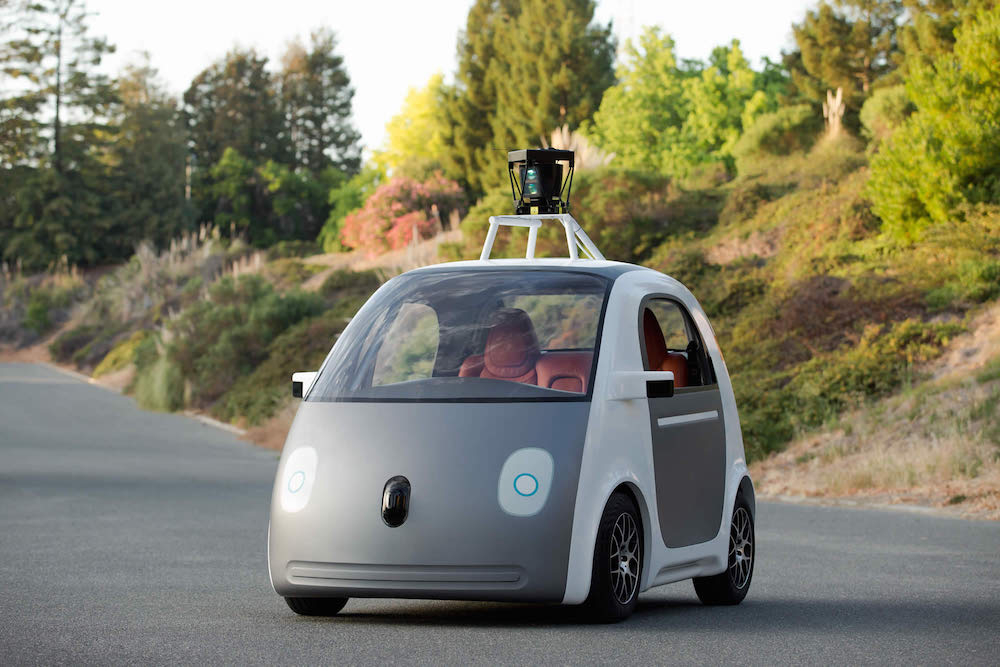
This has forced programmers to take surveys and collect votes from human beings on what kind of opinion the AI should possess. Should it purposefully choose hitting a pedestrian over a car, hitting one kind of car over another, potentially killing someone over killing you?
Since there’s no room for split second decisions, the rise of the AIs is forcing humanity to get honest about what is right and what is wrong, and that means our set of laws will also become more unbiased, creating a potentially fairer system.
4. Humans will grow smarter with AIs
The one thing all Sci-Fi movies and books forget is that humans aren’t rocks incapable of improving ourselves. When the technology revolution took us from horse-drawn carriages to rocket ships, we didn’t sit there drooling; we ran with it.
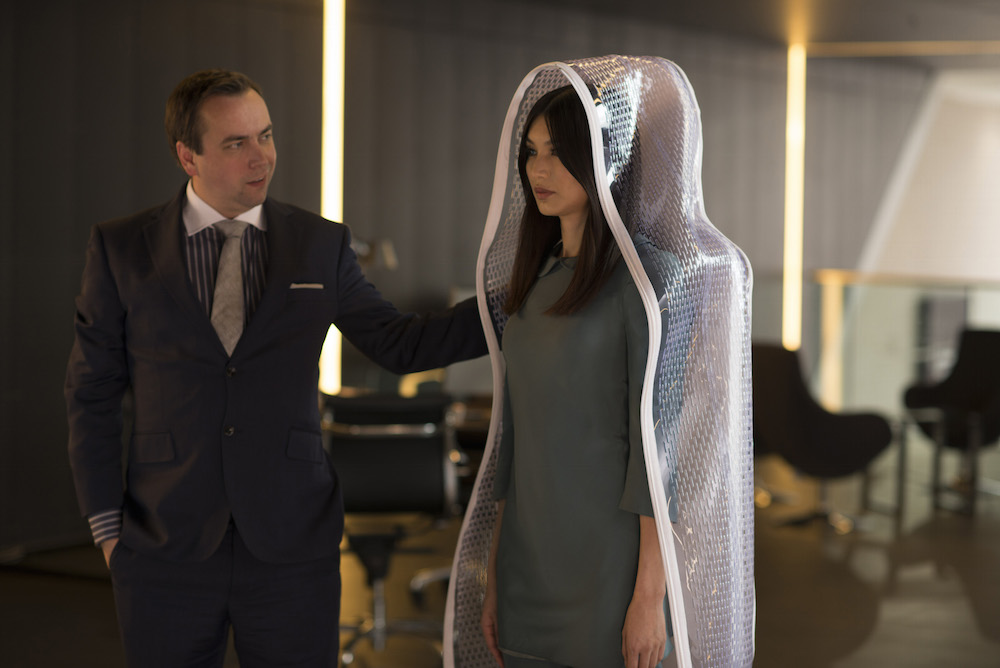
As self-learning AIs become more capable, they will advance at an extreme pace – but guess what else is self-learning? Human beings. Wearable glasses, for example, are making it possible for autistic children to learn how to identify emotions – a case of AIs helping humans. Programmers have developed an AI so intelligent that it can beat human beings at games – humans helping AIs.
As new discoveries, improved all flash storage, and amazing advancements are made on either side, both parties will improve, making the robot revolt into a human-robot partnership instead.
Who would watch a movie about robots becoming super intelligent and self-aware, only to assimilate perfectly with humanity and make life better all around? Not many. Hollywood needs to jump to the worst case scenario, but with the developments AIs and robots are experiencing, signs point to humanity and our artificial creations melding into one better creation rather than waging war.
This article has been edited.
Rick Delgado is a technology commentator and freelance writer. His work can be found on Wired, SmartDataCollective and MakeUseOf. Connect with @ricknotdelgado on Twitter.
© YFS Magazine. All Rights Reserved. Copying prohibited. All material is protected by U.S. and international copyright laws. Unauthorized reproduction or distribution of this material is prohibited. Sharing of this material under Attribution-NonCommercial-NoDerivatives 4.0 International terms, listed here, is permitted.
